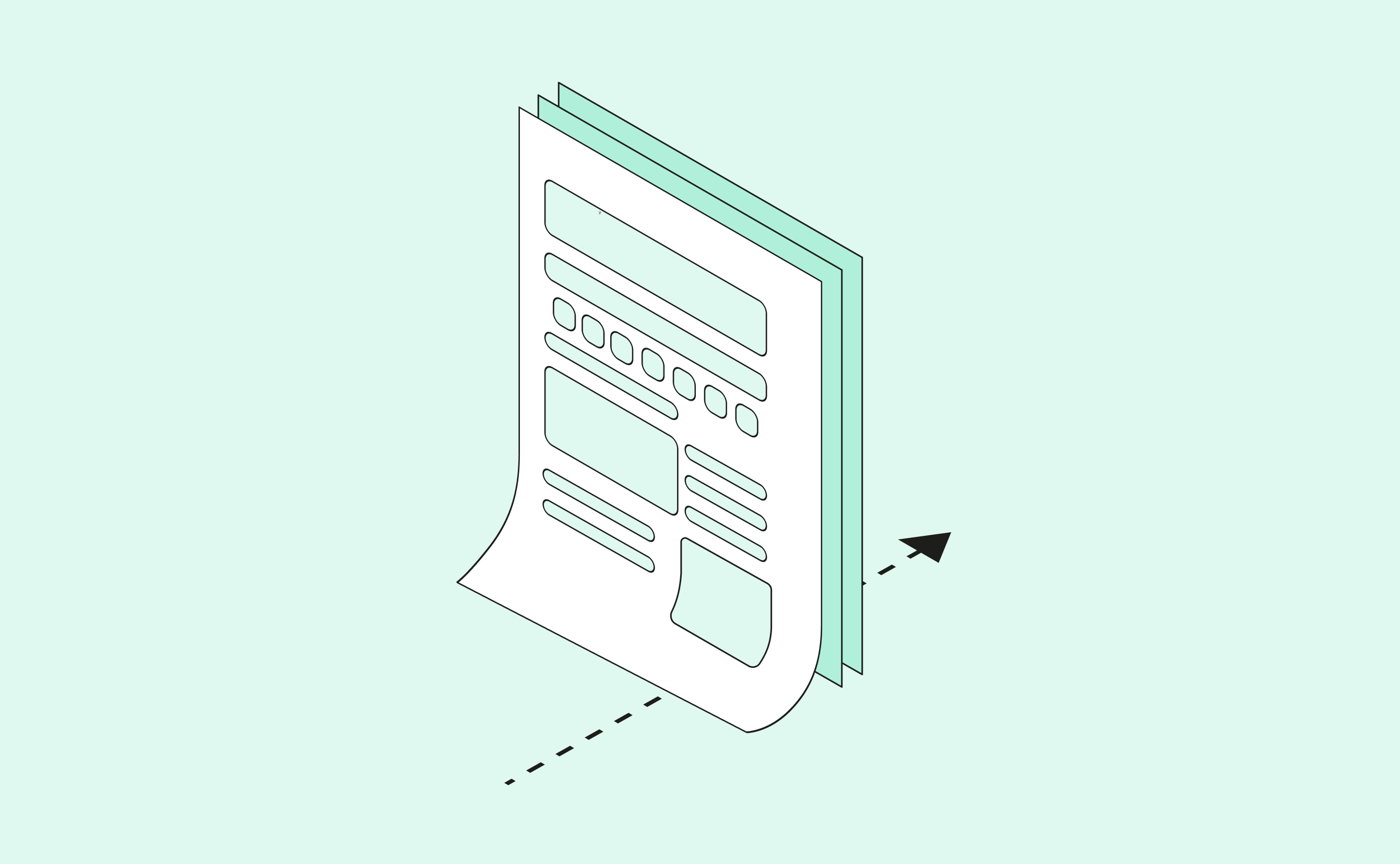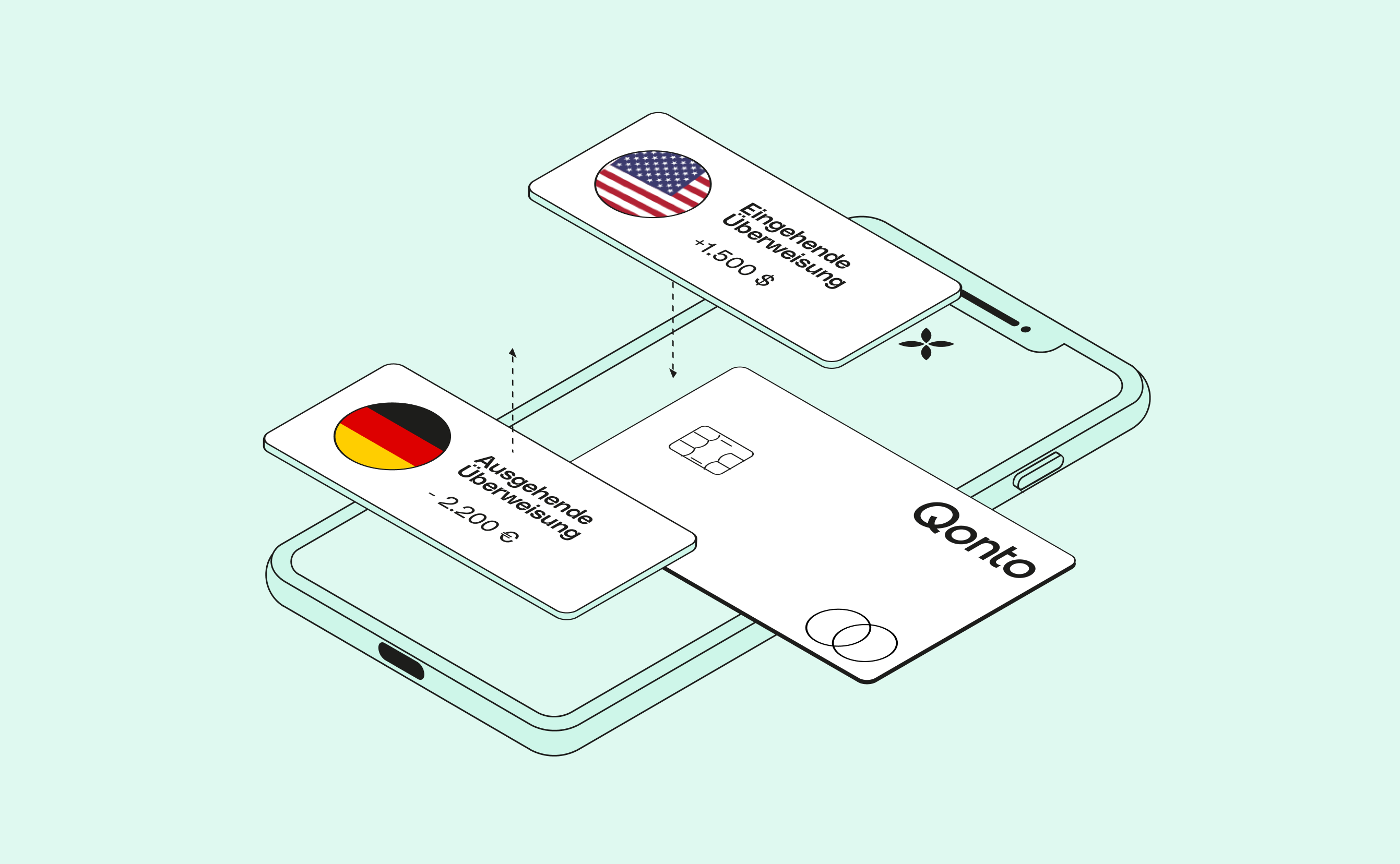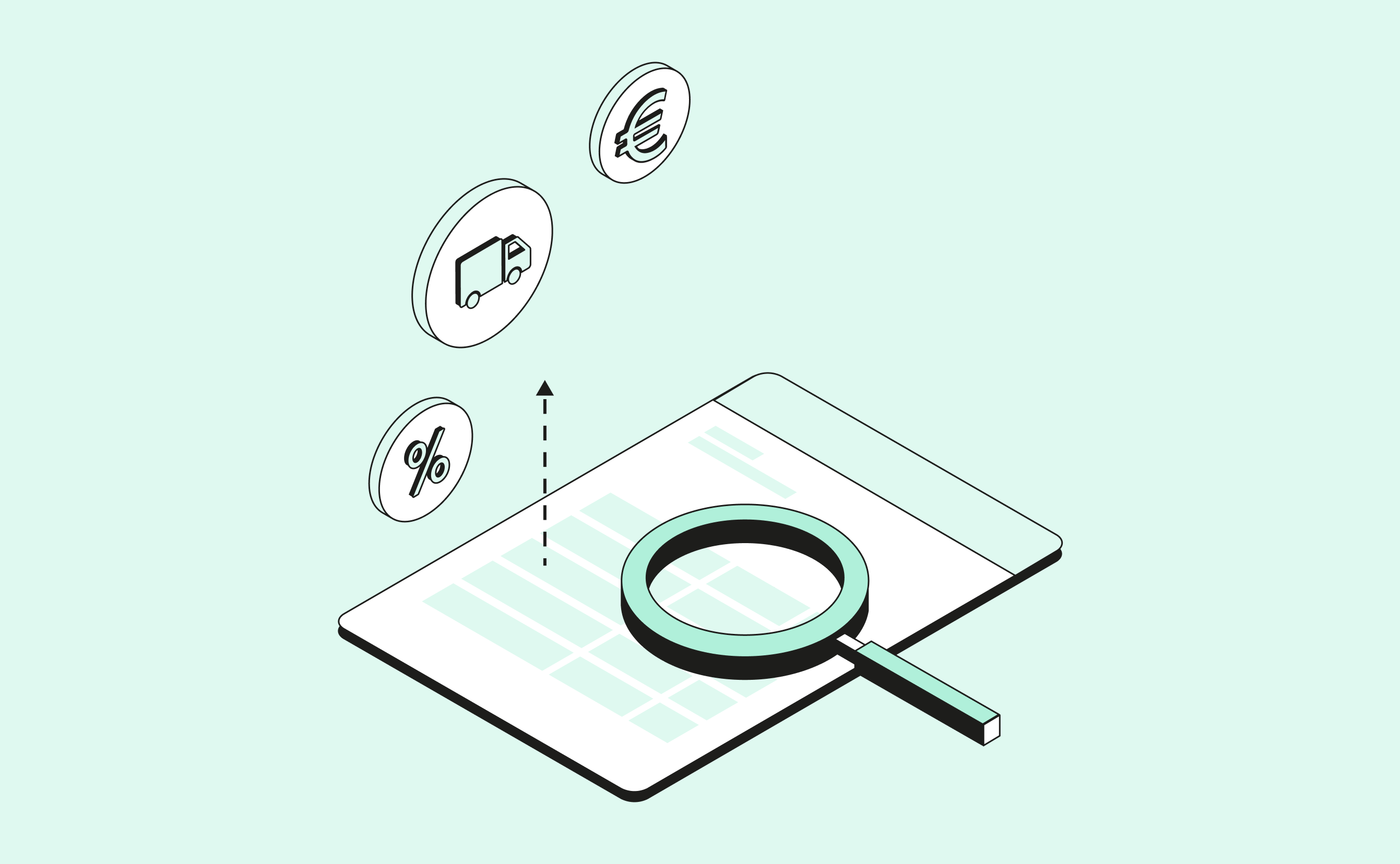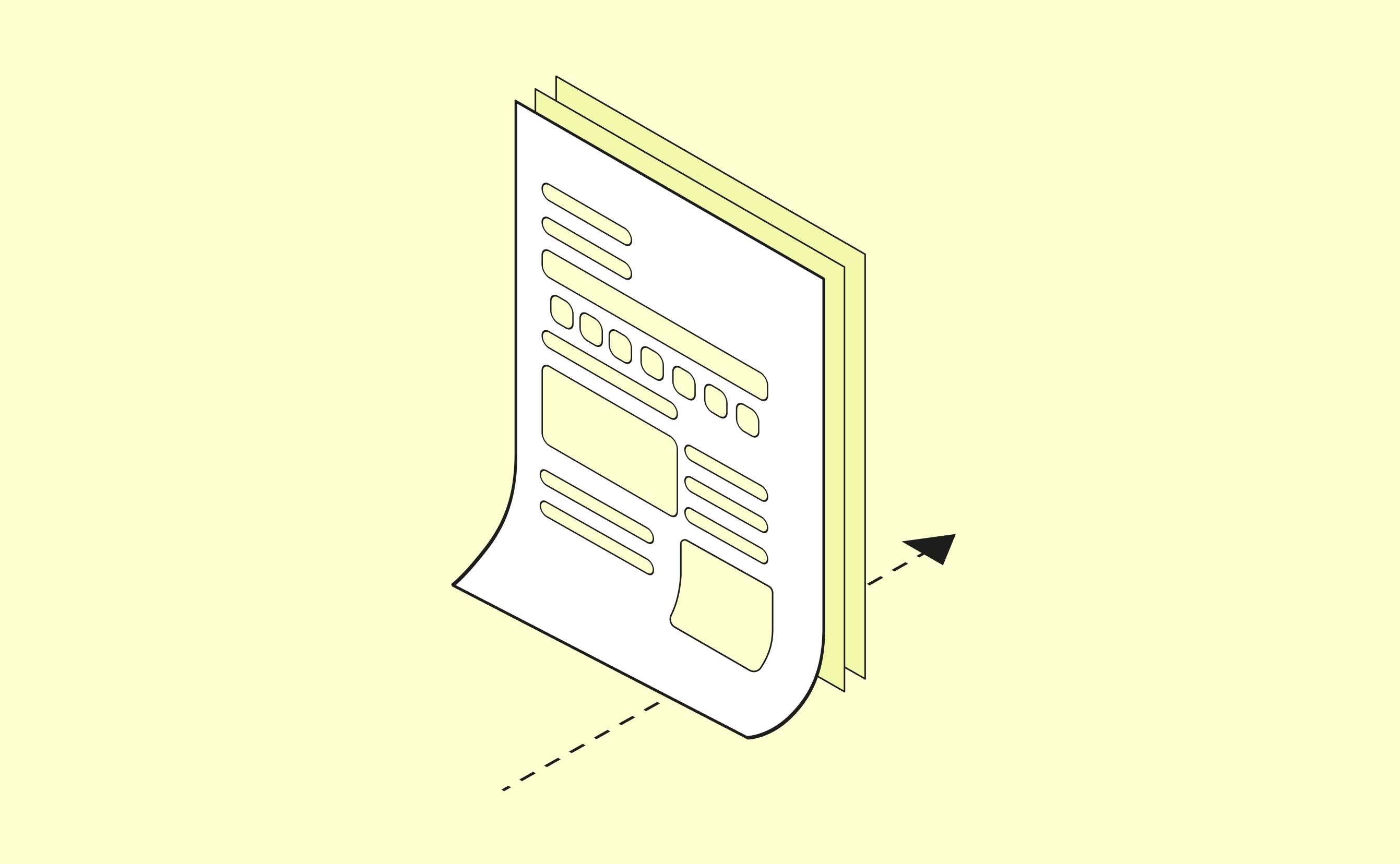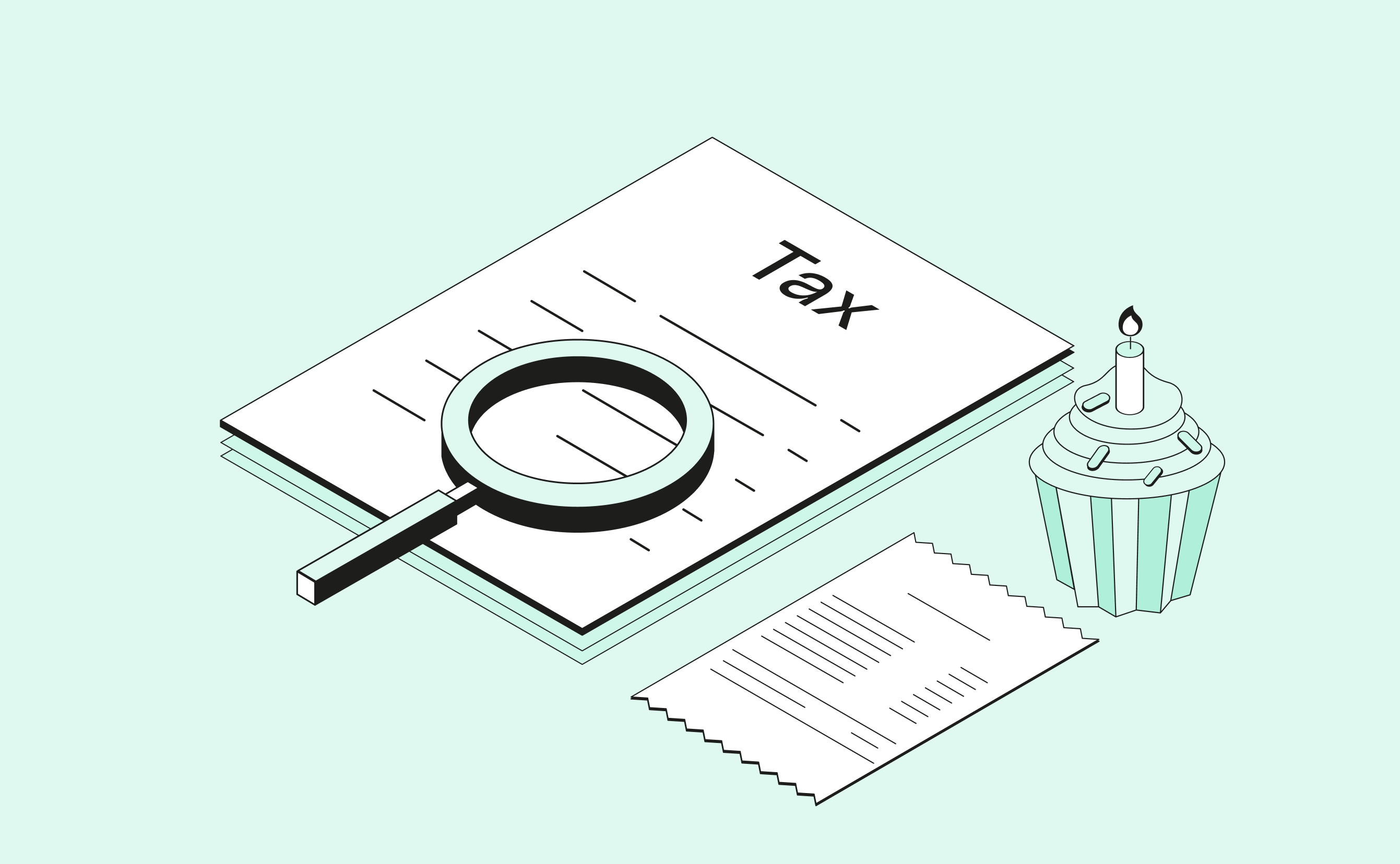Tax Deductions in Germany: 10 Deductible Expenses at a Glance
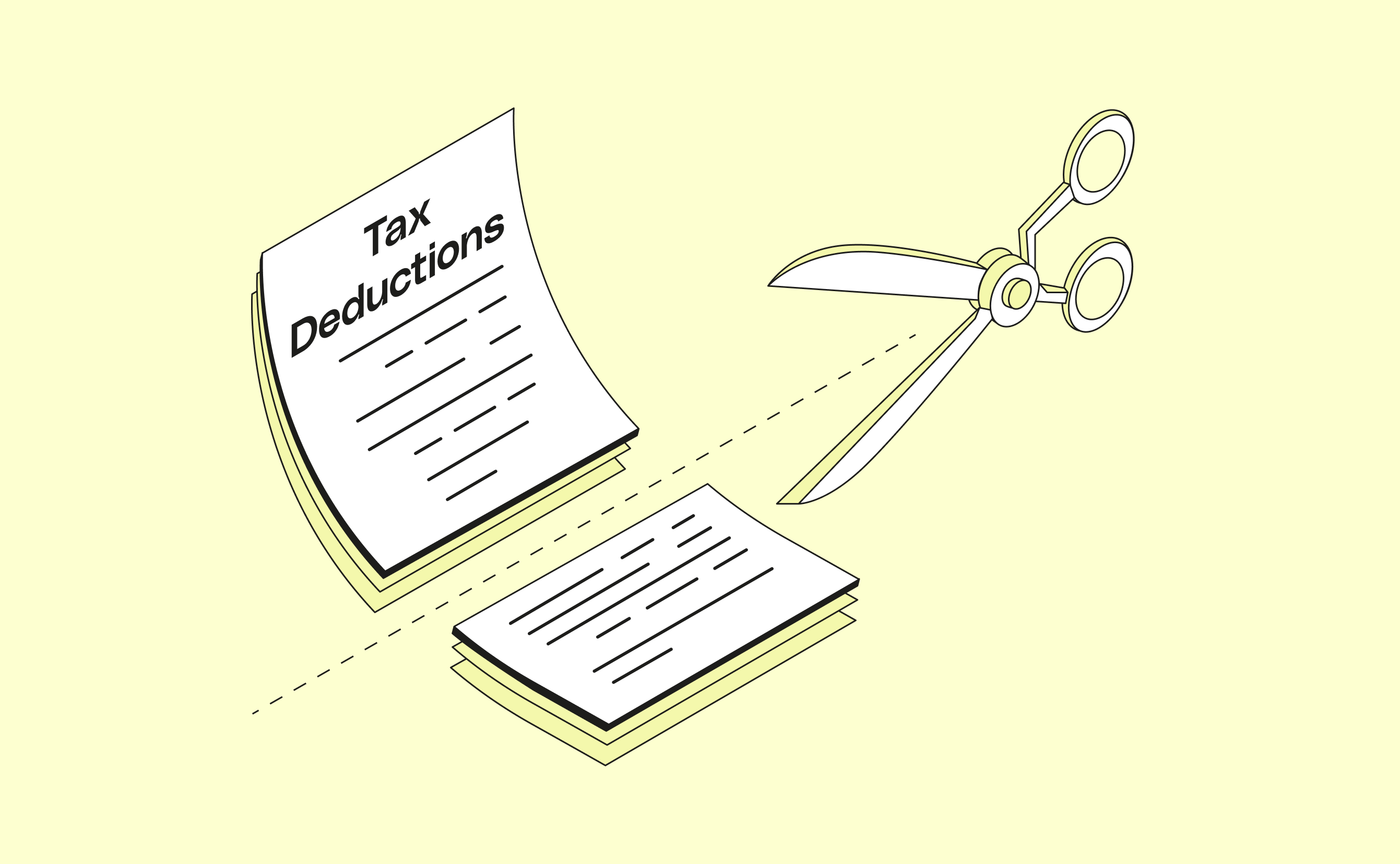
You may make a wide range of tax deductions from your income to decrease your tax burden. These are generally split between personal and business, but when you work as a freelancer or sole proprietor, we can apply both. Remember, that you still need to keep your business and personal transactions separate, so opening a business account is recommended.
In this brief article, we will focus on the tax deductions allowable for the self-employed. It is imperative that you keep on top of your accounts. This allows you to submit your tax return quickly when it’s due and take full advantage of the tax breaks available.
Missing important tax dates can get expensive, with fines and late payment fees.
Personal Allowances
These are the tax deductions that you can apply to your personal income.
Donations to Charity
Church Tax, payable by everyone, is fully deductible. Also, up to 20% of your gross income can be deducted for donations to German charities and some international charities. Check with your accountant for an up to date list of eligible charities.
Childcare Expenses
Putting your children into childcare so you can go back to work is encouraged in Germany. For children up to the age of 14 or handicapped children, you can deduct up to €4,000 per child per year.
Alimony
Divorce can be a painful and expensive business. But to ease the cost a little, you can deduct up to €13,805 per year for alimony paid to your ex-spouse.
Child Education Expenses
Putting your children through private school is often a route chosen when working in another country. If the school is recognized by the German government and located in the EU or EAA, then you can deduct 30% of the tuition fees from your income.
If the school is located in German, then special approval is required, but if they grant it you can claim up to €5,000 per child per year.
Mortgage Allowance
If you own property that has a mortgage and let the property, you may deduct the mortgage interest from rental income. You cannot use this deduction against a mortgage on the property you live in.
Pension Contributions
Private pension contributions are deductible up to certain limits. The maximum currently allowed is €25,046 per person or €50,092 if you submit a joint tax return. The allowance is reduced by any deductions made to the state pension scheme by an employer.
Health-Related Deductions
You can deduct health insurance premiums in full, so long as they are for primary health care. Also, long-term care contributions are 100% deductible.
Other Insurance Policies
If you contribute to other insurance policies, these may also be eligible for tax deductions. For example, unemployment insurance attracts a maximum deduction of €2,800 for self-employed people.
Banking and accounting from a single source? Qonto enables a seamless connection with your favourite accounting tool.
Employment Expenses
The tax authorities allow employees a range of tax deductions on their income. Although the tax office will deduct €1,000 amount automatically for this, it is limited and if you exceed the set amount, you must submit a tax declaration to claim the full deduction.
Allowable tax deductions for employees include:
- The cost of commuting to work
- Membership cost of professional bodies
- Tools and equipment required for your job
- Business-related literature, such as training manuals
Extraordinary Expense Allowances
Low Income
Low-income families are entitled to a reduction of up to €9,408 per year. The rules are complex and advice should be taken to ensure entitlement to the reduction.
Education Allowance
For children over 18 years of age, in education, but not living at the parents’ home, you can make a deduction of up to €924 per year. This can apply to children in education abroad, but it may reduce the deduction.
Other Allowances
- Child Allowance. For each child registered in Germany, parents can claim an allowance of €3,906.
- Investors allowance. You may claim up to €801 for capital gains, dividends, and interest.
Business Expenses
If you run a business, then other deductions are allowed that relate to the business activity.
Common Business Tax Deductions
Fixed Assets
Fixed Assets
Fixed assets, such as property, office equipment, and vehicles are subject to either depreciation or amortization. If you have assets that fall into these categories, it may be worth consulting an accountant.
Interest Expenses
Interest Expenses
Startup loans, business loans for expanding the business, or funding equipment purchases are all eligible for tax deductions. The interest paid on the loan will usually be deductible.
Personnel Expenses
Personnel Expenses
The costs associated with employing staff will usually be deductible from the business profit.
Materials
Materials
The cost of raw materials to produce your products and anything else with the production of goods is deductible.
Equipment
Equipment
Purchases of equipment to produce products are deductible but will be treated as fixed assets and depreciation applied.
Business Losses
Business Losses
If you make a loss in the current tax year, you can elect to carry it forward to the following year or back to the previous year, up to €1 million. If the loss exceeds €1 million and is carried forward, limitations apply.
Tax and the available tax deductions are a complicated subject. As you can see above, there are many ways to offset your tax liability when you submit your tax declaration. The help of an accountant or other qualified professional may more than pay for itself.
- Take note of all the areas in which you can make deductions
- These include health, travel, equipment, and many other areas
- It can be useful to claim deductions even if you're employed
- Hiring a professional is often a smart financial move that will save you time and ultimately money
